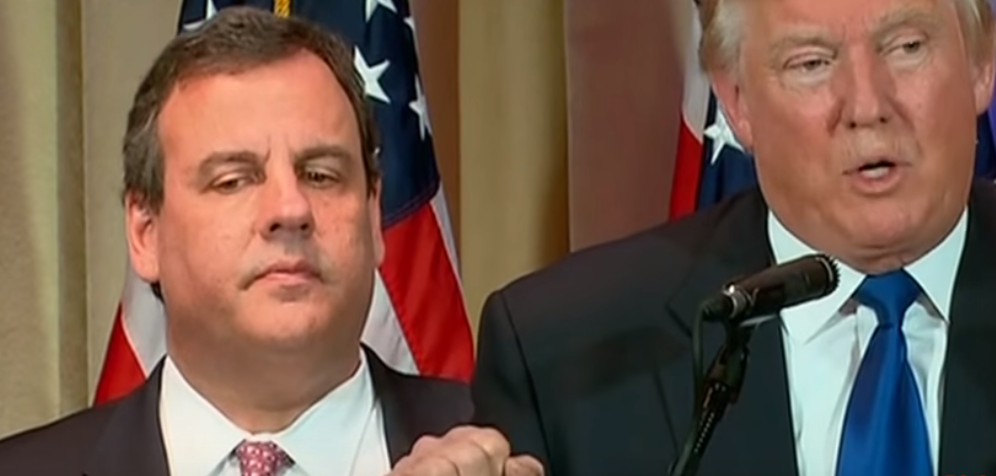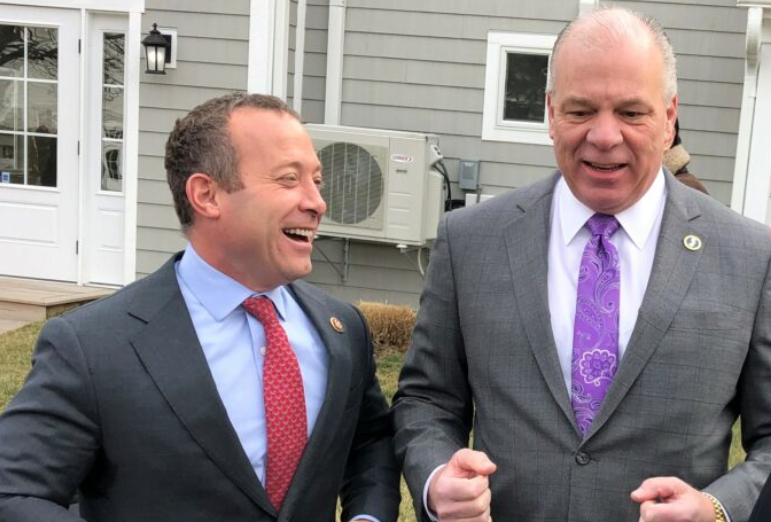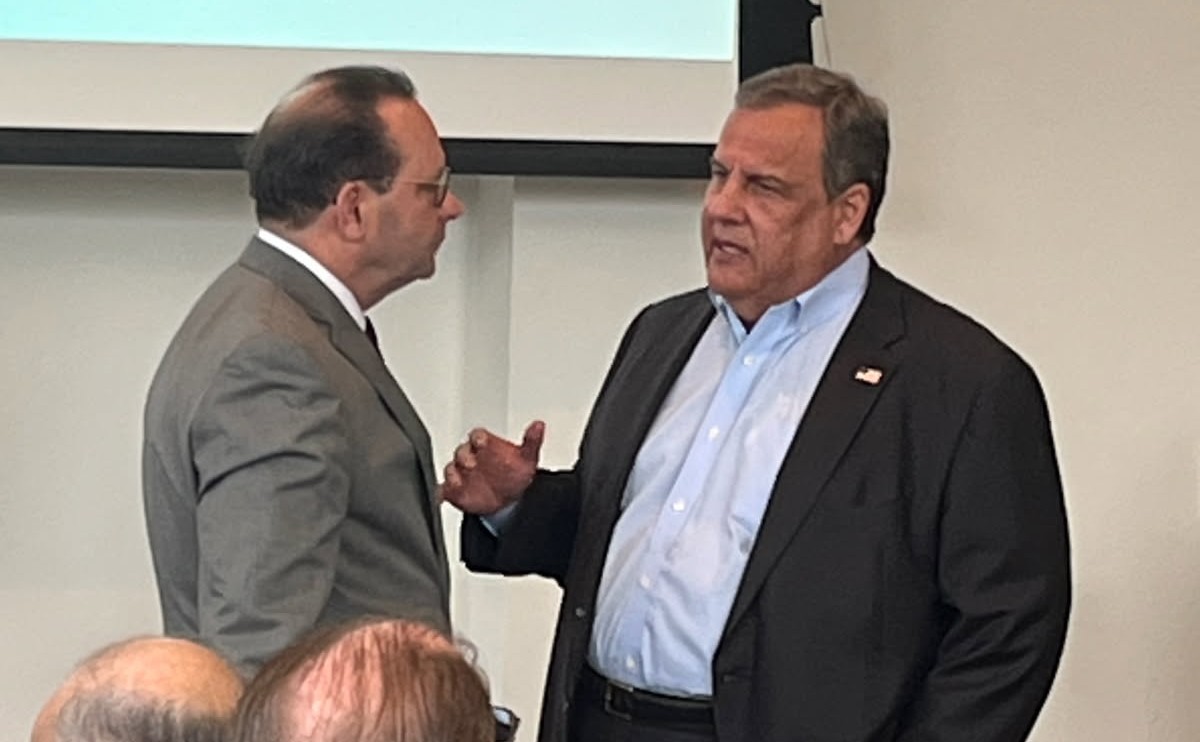In recent years, the political landscape in New Jersey has been dominated by the aggressive tactics of former Governor Chris Christie. Christie’s attack strategy has been a hallmark of his political career, and it has been both praised and criticized by political analysts and voters alike. However, as time goes on, questions are being raised about the long-term viability of this approach.
Christie’s attack strategy is based on a simple premise: attack your opponents relentlessly and without mercy. This tactic has been used by politicians for centuries, but Christie has taken it to a new level. He has been known to use his position of power to bully and intimidate his opponents, often resorting to personal attacks and character assassination.
One of the most notable examples of Christie’s attack strategy was his handling of the Bridgegate scandal. In 2013, members of Christie’s staff were accused of orchestrating a traffic jam on the George Washington Bridge as political retribution against a mayor who refused to endorse Christie’s re-election campaign. Christie denied any involvement in the scandal, but the ensuing investigation revealed a culture of intimidation and retribution within his administration.
Despite the controversy surrounding Bridgegate, Christie continued to employ his attack strategy throughout his tenure as governor. He was known for his confrontational style, often engaging in heated exchanges with reporters and constituents who dared to challenge him.
However, as Christie’s political star has faded in recent years, questions have arisen about the long-term viability of his attack strategy. Some analysts argue that Christie’s aggressive tactics have alienated voters and damaged his reputation beyond repair.
Others point out that Christie’s approach may have been effective in the short term, but it is unlikely to be sustainable in the long term. As voters become more politically savvy and media-savvy, they are less likely to be swayed by negative attacks and personal insults.
Moreover, as political polarization continues to increase, voters are becoming more entrenched in their political beliefs. This means that attacking your opponents may only serve to rally your base, rather than winning over undecided voters.
In the end, the long-term viability of Christie’s attack strategy remains an open question. While it may have been effective in the short term, it is unclear whether it can be sustained over the long term. As voters become more sophisticated and political polarization continues to increase, politicians may need to find new ways to engage with voters and win their support.




